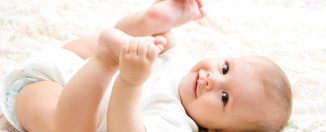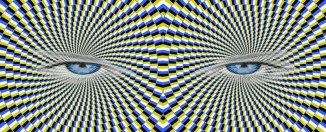Hyperactivity in children: what it is and how to deal with it
Many parents often complain to doctors about the increased activity of their children. Of course, all kids are active, but sometimes it goes beyond all boundaries. Children become problematic, unable to concentrate, restless and inattentive. Most of these babies are diagnosed with hyperactivity disorder.
Content
Hyperactivity syndrome in children
Back in the 60s of the XX century, doctors believed that hyperactivity is a pathological condition, the cause of which is a minimal disorder of brain functions. But already in the 80s, this disease began to be attributed separately from others. It is currently referred to as attention deficit hyperactivity disorder (ADHD). It is very difficult for such children to process information, learn and generally control their actions. 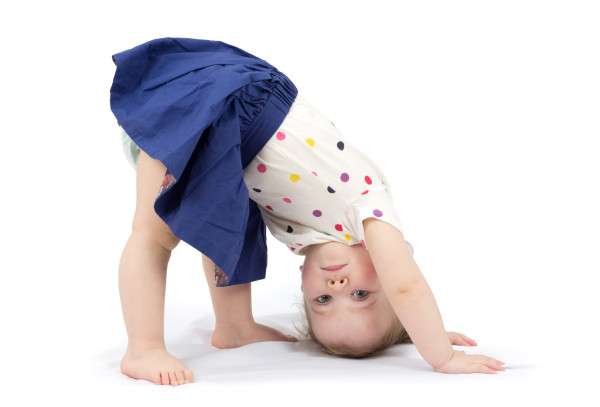
Quite often, ordinary children are called hyperactive only because they are too playful, uncontrollable and do not obey their parents. But it's not right. Perhaps it's not the child's hyperactivity, but his whims, or the baby is simply protesting against the actions of parents or other people. What are the symptoms of ADHD? We will talk about this further.
Symptoms of hyperactivity
Most parents believe that excessive physical activity is the main symptom of ADHD. But this is not the case. It is based on attention deficit. For example, children suffering from hyperactivity are constantly distracted by any noise and movement, they are often quick-tempered, irritable, that is, in society they are called emotionally unstable.
The first symptoms of hyperactivity in a child may occur at an early age. For example, crumbs have increased muscle tone, they react sharply to light, light noise, often cry, and find it difficult to calm down. 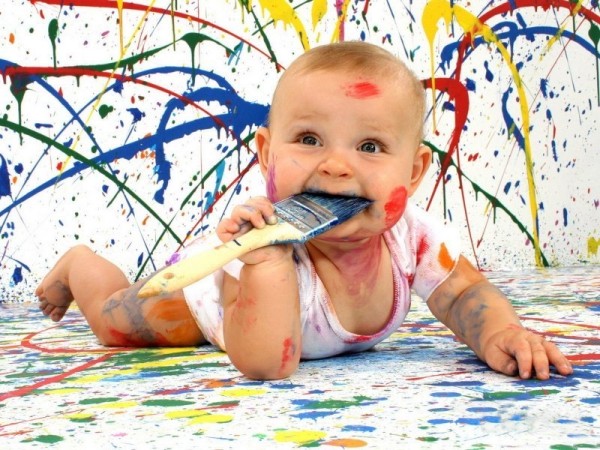
If at such an early age the symptoms of ADHD are subtle and more like a child being naughty, then at 3-4 years old, children suffering from hyperactivity cannot concentrate for a long time. It's not just about unwillingness to eat, etc. Such kids cannot play for a long time, listen to a fairy tale, perceive information. That is, all their activities are chaotic.
At the age of 6-7 years, there is a peak in the manifestation of hyperactivity syndrome. The child becomes impatient, engages in several activities at the same time and does not finish any of them, becomes restless. These symptoms become more noticeable, since the child is required to sit in the lesson, behave calmly in the museum, transport, etc.
Typical symptoms of a child's hyperactivity disorder are:
- Inability to just sit. The kid is constantly wriggling, touching everything, behaving restlessly.
- Distracted by any noise, extraneous stimuli. He can start doing something else without finishing the previous one.
- Doesn't want to comply with any discipline requirement in public places.
- Answers questions meaninglessly, without thinking about what has been said, does not know how to listen to the interlocutor.
- Refuses to eat normally.
- Often loses personal belongings.
- During games, he is aggressive, tries to interfere with the conversations of adults or the games of other children.
If a child has been experiencing the above symptoms for six months, parents should consult a pediatric neurologist. 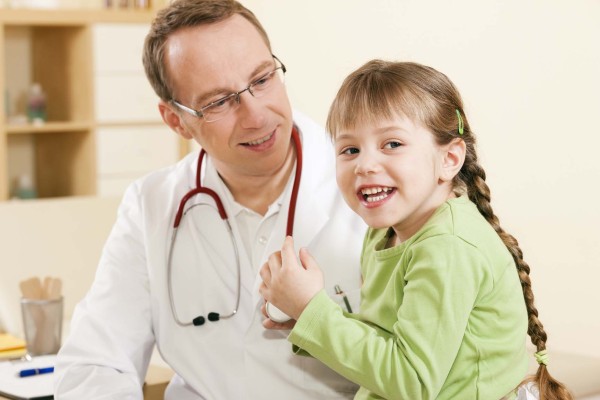
Treatment of hyperactivity in children
To be successful in treating hyperactivity in children, efforts must be made not only by parents, but also by educators, psychologists and psychiatrists. Given the fact that such children find it difficult to learn, sometimes a separate approach is needed - learning according to an individual program.
It should be remembered that the results will be noticeable only if both neuropsychological correction and behavioral therapy are carried out simultaneously. Specialists develop separate programs for each child, taking into account his characteristics, but the main goal remains unchanged - the development of a habit of discipline. At the same time, it is important to properly encourage the child's achievements and not scold for failures.
Parents should understand that in addition to the appointments and recommendations of doctors, it is necessary to follow the rules of behavior with the child. Communication should be calm, consistent, and kind. Stress is categorically contraindicated for the kid. Therefore, parents should monitor the child's daily routine, nutrition and activity, since overwork also negatively affects the results of treatment. It is advisable to spend a lot of time outdoors. 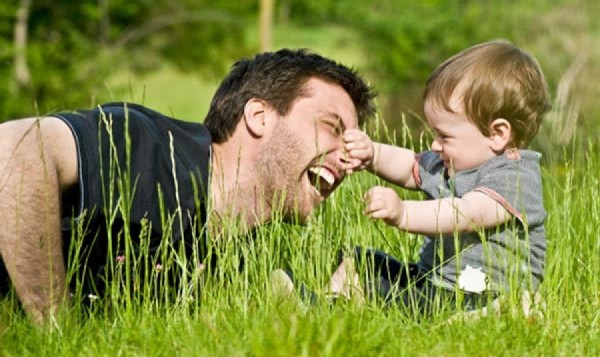
If the above methods of dealing with the child's hyperactivity do not help, the psychiatrist may decide to switch to drug treatment. We are talking about the appointment of psychotropic drugs. Although this method of treatment is used very rarely, there are times when you simply cannot do without it. If the child's illness is not started, the doctor prescribes drugs to improve blood circulation and trophism of nervous tissue (nootropics).
Traditional methods of treatment are also very effective. For example, infusions of chamomile, angelica, lavender flowers and hop cones are often used as a sedative. There are also special herbal preparations. But it is categorically impossible to treat a child with them on their own. It is better to consult a doctor.

